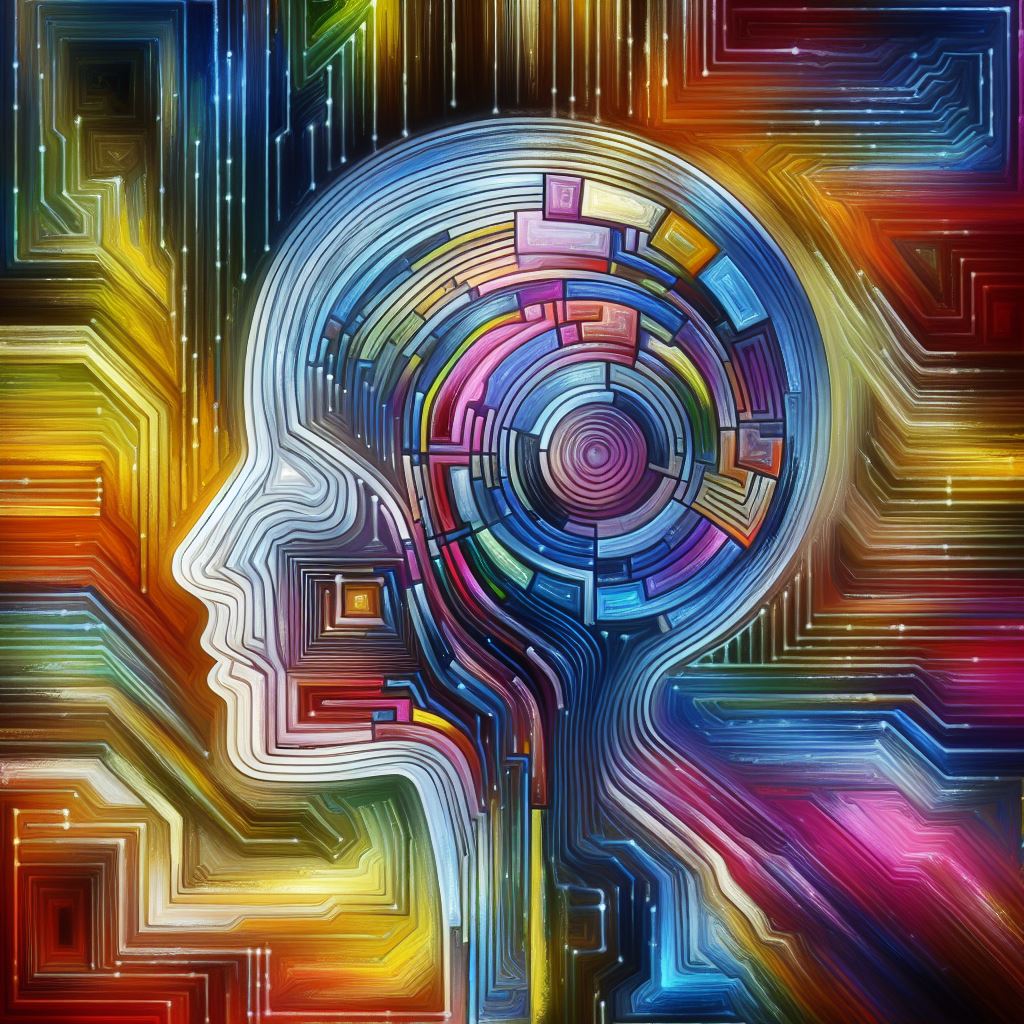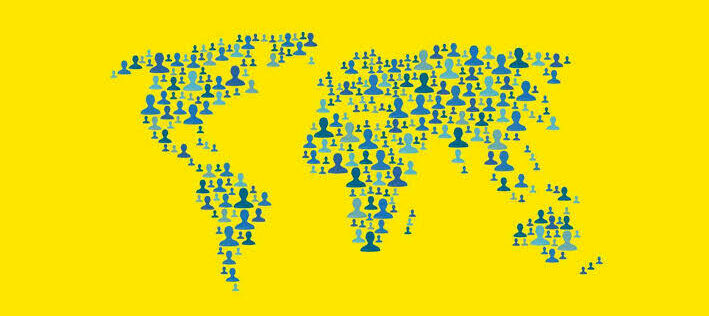Different groups of people have different cultures. My autism effectively shifts my culture so that I’m like a foreigner in my own country and an outsider in my own organisation.

The culture Map
Here’s a fascinating bit of social science work that I think can help our understanding of neurodiversity and inclusion.
Erin Meyer is a Franco-American lecturer and researcher at INSEAD in Paris and author of The Culture Map (2014). She has done a lot of work on how people from different cultures communicate and has found eight different factors which vary dramatically between cultures. The factors themselves aren’t necessarily good or bad, though some might be more or less appropriate to different contexts. For example, one of them is whether a culture prefers hierarchical or egalitarian models of leadership. Another factor is about how people give negative feedback – some cultures are very direct (e.g. Germany), some are very indirect (e.g. South Korea; see Malcolm Gladwell in Outliers about Korean Air for some of the challenges that poses). Meyer says the UK is fairly middling on this, but I strongly suspect there’s actually a lot of variation by social class.
Now this is interesting to me, because I think my autism shifts my position on several cultural factors from my culture’s default. So I have a neurological condition (autism) leading to an effective cultural difference (strong preference for direct feedback, both in giving and receiving).
One quick and easy application of this. If neurodiverse people are discriminated against when applying for jobs because of the factors described in this book, then it’s clearly illegal discrimination because it’s based on culture – rather than a genuine decision that someone isn’t the best fit for the job based on abilities.

What is Autism?
 This article is part of a series exploring some of the basics of autism.
This article is part of a series exploring some of the basics of autism.
The series is mostly written by John Allister, from his own perspective and experience.
“Autism” describes a wide range of experiences. For me, it is a minor disability that leads to a significant difference in cultural expression… 80% of the difficulties I experience from being autistic are because of the cultural differences rather than the disability itself.

